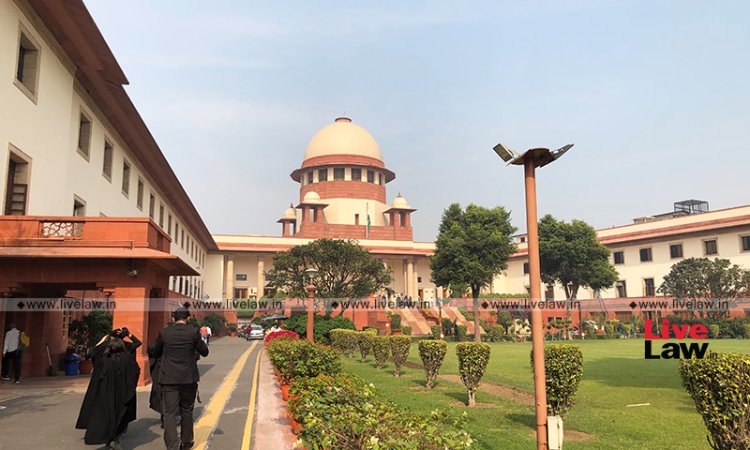The Supreme Court today issued notice in a SLP challenging a Punjab and Haryana High Court's order which held that recording of telephonic conversation of the wife without her knowledge is an infringement of her privacy. The High Court had held that a discreetly recorded phone conversation won't be admissible in evidence before the Family Court.A bench comprising Justices Vineet Saran and...

